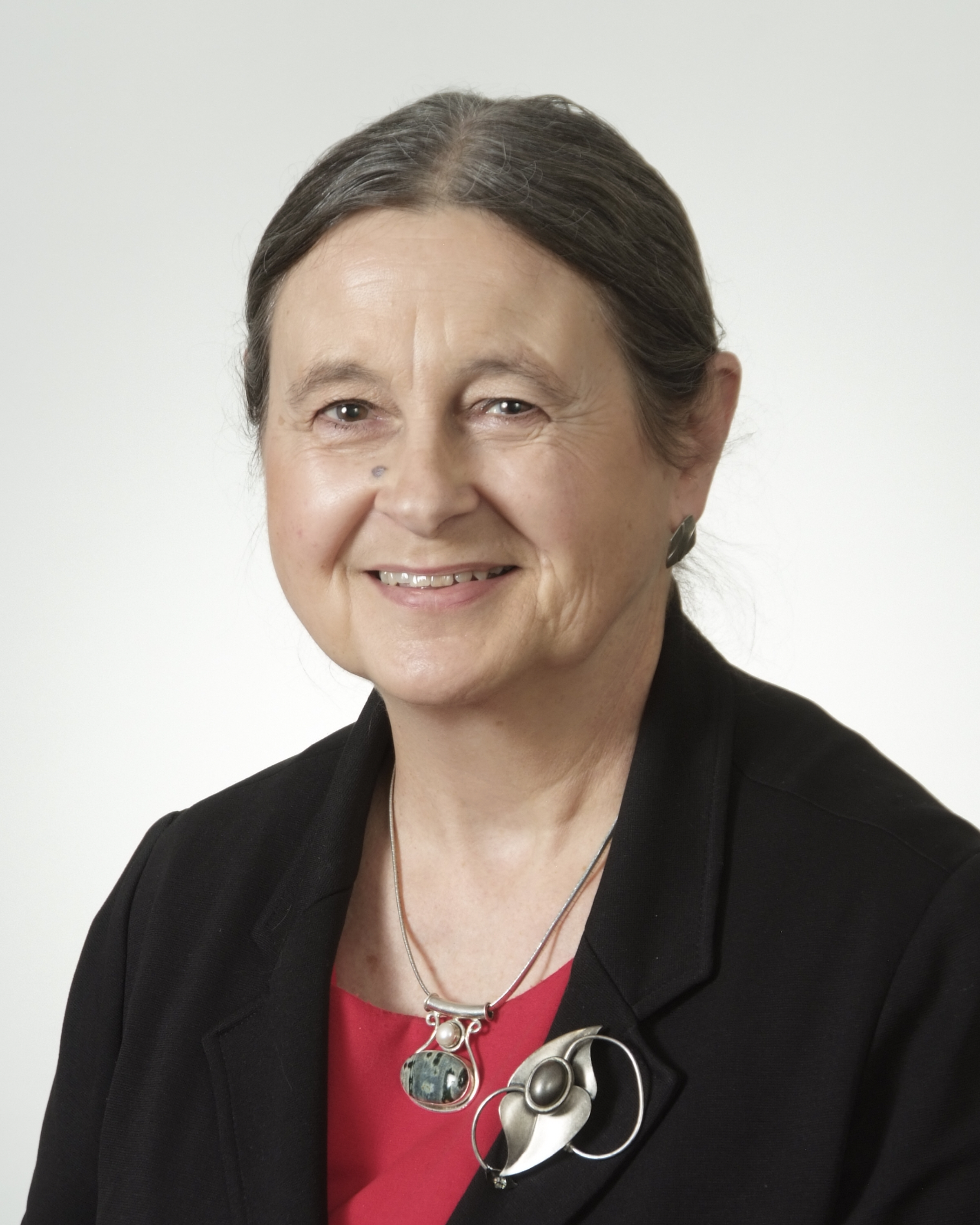Autoimmune Disease Awareness Month Q&A with Dr. Kristine Lohr
Kristine Lohr, MD, MS, is professor of medicine at the University of Kentucky College of Medicine. She also is chief of the division of rheumatology and director of the rheumatology training program. For Autoimmune Disease Awareness Month in March, Dr. Lohr shares her expertise on autoimmune diseases and how you can support people who have them.
Q: What are some examples of autoimmune diseases?
A: Within rheumatology, rheumatoid arthritis is the most prevalent. Less common are systemic lupus erythematous, psoriatic arthritis, vasculitis (inflammation of blood vessels), and myositis (inflammation of muscles). Some of the blood tests we order, e.g., ANA or anti-nuclear antibody, are not specific to lupus since the ANA can be positive in other autoimmune diseases in, for example, the thyroid and liver. Another example is hepatitis C, one of the infections that can have a positive rheumatoid factor but not mean rheumatoid arthritis.
Q: What work do you do involving treatment and care for autoimmune diseases?
A: Rheumatologists recommend medications that can be taken as pills, injections under the skin, or intravenous infusions. At UK we are fortunate to work with specialty pharmacists who help us get the medications for our patients, and help teach our patients about potential benefits and risks. We monitor both the patient and lab tests to make sure the medication is working and not causing side effects. We send patients to other specialists when indicated, in addition to referrals for occupational and physical therapy. And of course we keep the patient’s primary care provider in the loop.
Q: Why is bringing awareness to these “invisible illnesses” so important?
A: To me autoimmune disease isn’t invisible because I regularly see patients with the diseases. Compared to when I was in training, we have an incredible choice of new, effective medicines, especially biologic medicines that work within the immune system. We are treating earlier and more aggressively to avoid damage to joints and other organs in the body. We also treat to target, setting goals to manage disease symptoms and slow down disease progression, improving quality of life for our patients.
Q: What should people know about these disorders?
A: People should know that today we can control and suppress inflammation. Our goal is either remission or low disease activity. There will always be potential side effects of medications, but the diseases themselves have significant “side effects.”
Q: What are some helpful resources for those who might have these illnesses, or who want to learn more?
A: My recommended “go-to” place is https://www.rheumatology.org/I-Am-A/Patient-Caregiver. The American College of Rheumatology provides patient information about rheumatic diseases and conditions, common medications used to treat rheumatic diseases, and resources for assistance. These resources are in English and Spanish. Several patient education videos are also available.
Q: How might someone support others who have these diseases?
A: Just asking, “How are you doing today?” can make someone’s day. Maybe they need a ride to an appointment. The 2015 American College of Rheumatology Workforce Study projected that the U.S. will face a shortage of rheumatology providers (physicians, nurse practitioners and physician assistants) by 2030. Kentucky is one of many states underserved for rheumatologists. UK’s Rheumatology Fellowship is the only rheumatology training program in Kentucky. Thinking globally, the Rheumatology Research Foundation (https://www.rheumresearch.org/) is the largest private funding source for rheumatology research and training in the U.S. The UK Rheumatology Fellowship has benefited greatly from their education and training awards.
